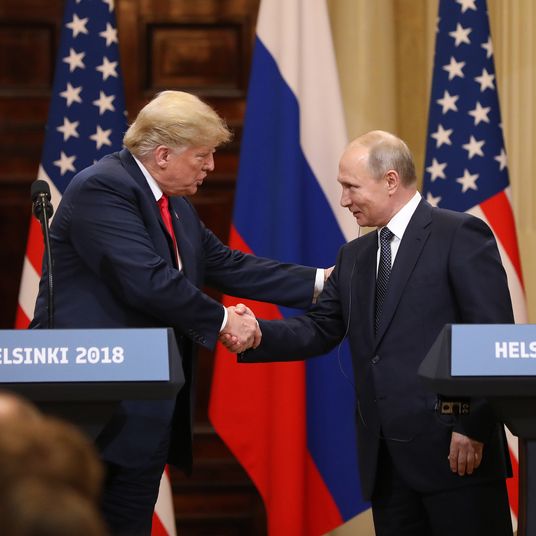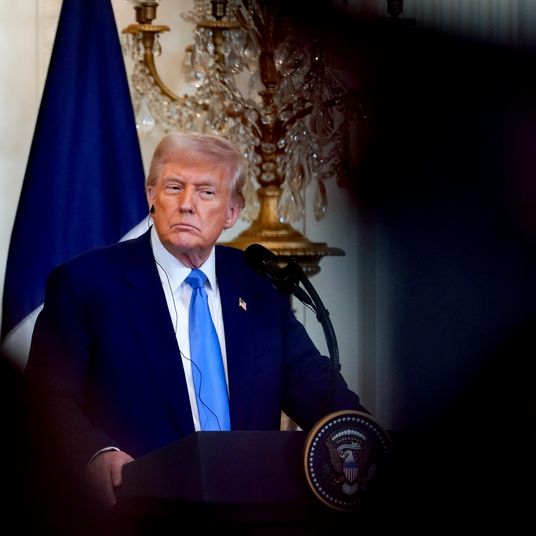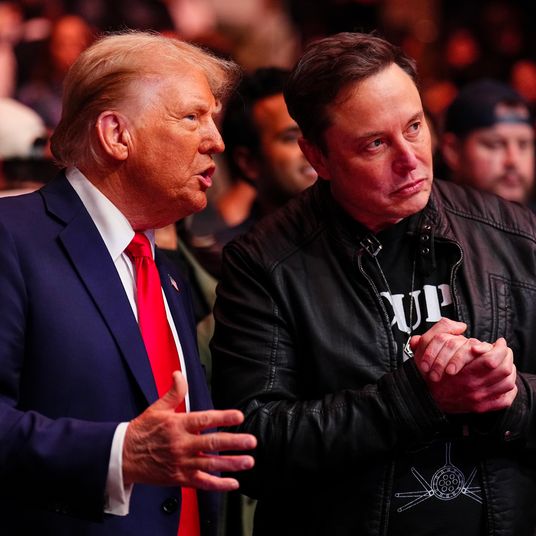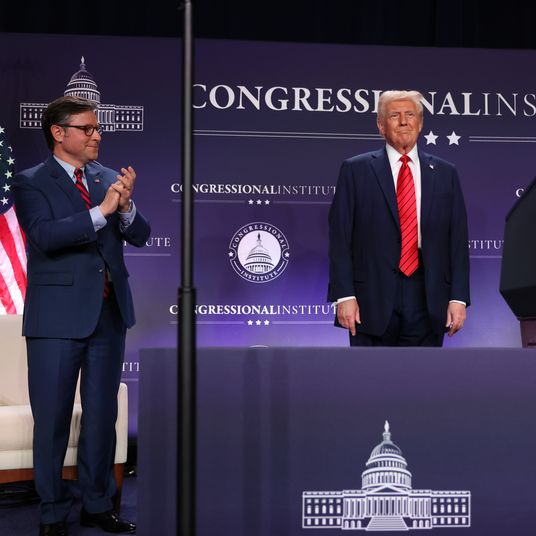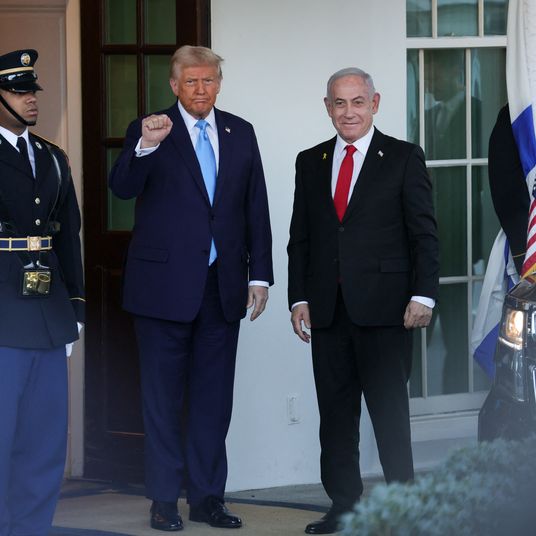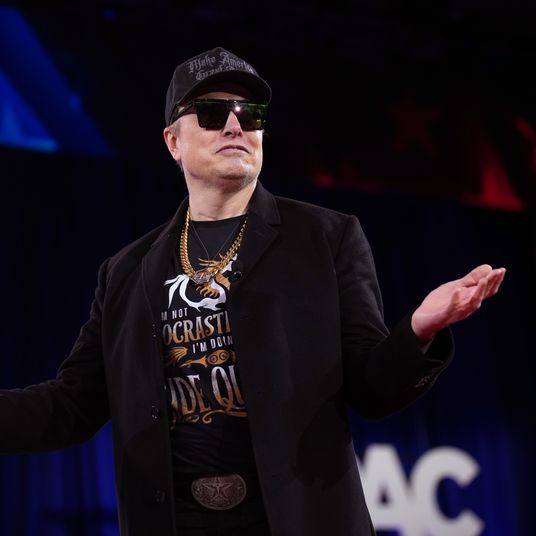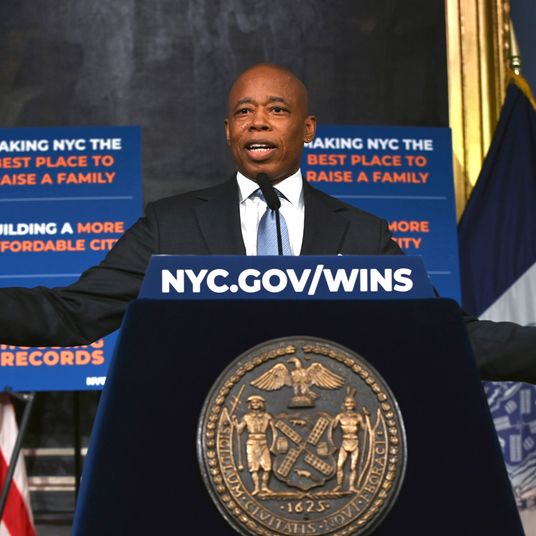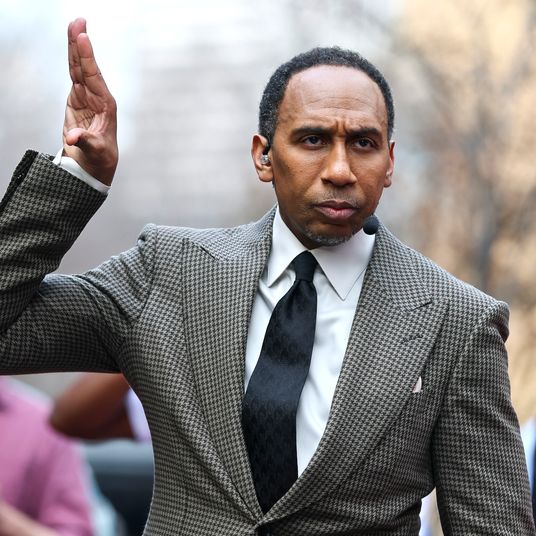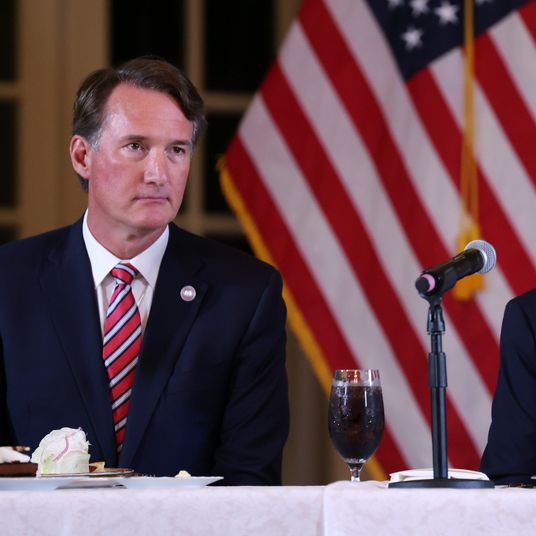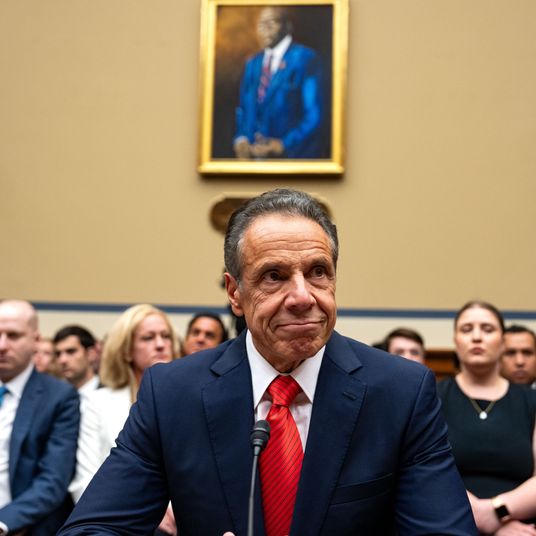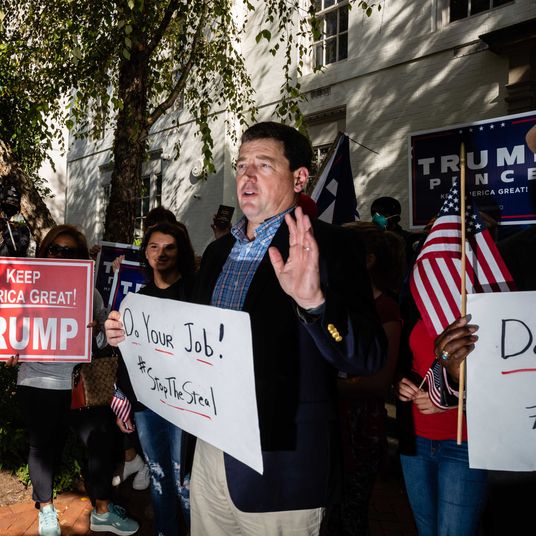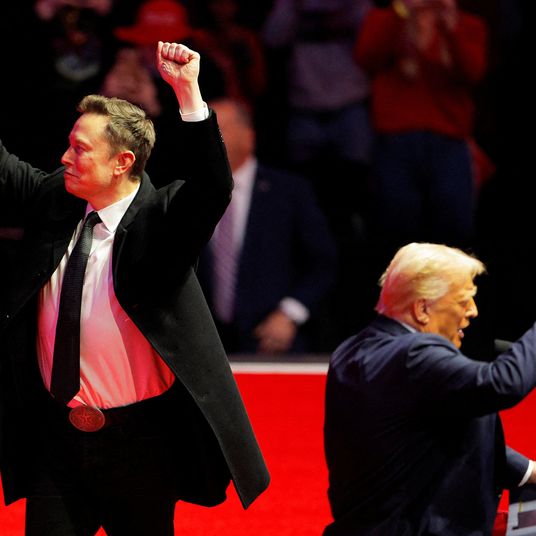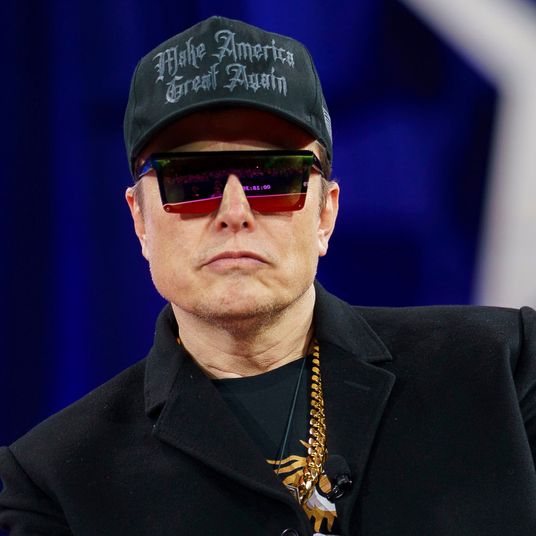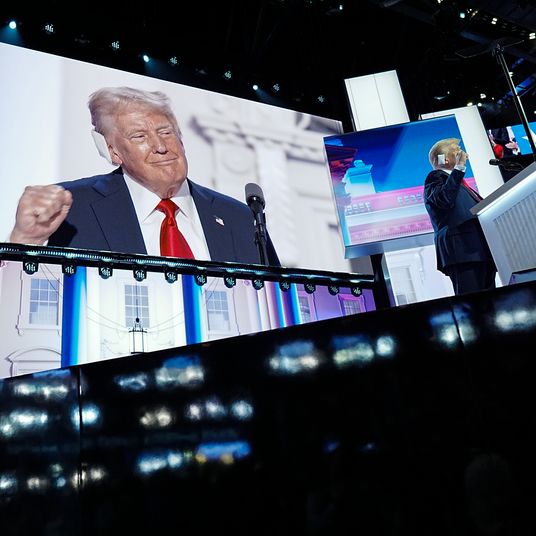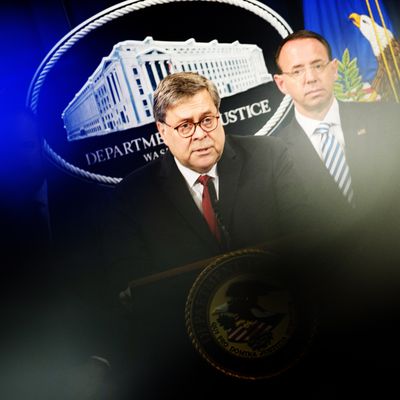
Yesterday, attorneys for President Trump made an astonishing argument in federal court. Congress had no right to look at Trump’s tax returns, they argued, because it had no right to investigate or even expose matters relating to law enforcement of the White House. The judge asked whether this meant episodes like the Watergate hearings were an unconstitutional exercise of power by Congress, and Trump’s lawyer conceded they might have been.
Trump’s official position is that Congress has no business looking into whether the president has broken the law. When you combine this position with the long-standing Department of Justice policy that it cannot indict a sitting president, and Attorney General William Barr’s position that the president is entitled to shut down any investigation he considers unfair, you have built a wall of legal impunity for the president.
There is an abstract argument for decriminalizing disputes between Congress and the president, and funneling these issues into the political sphere. Rather than charge the president with crimes, the argument goes, his critics can expose them to the public and Congress can choose to hold impeachment hearings — or, failing that, allow voters to render the verdict.
But Trump is notably attempting to shut off Congress’s power to expose corruption and wrongdoing, too. The administration is making blanket arguments against Congress’s ability to subpoena witnesses and documents. Barr himself refused to answer a question from Senator Kamala Harris as to whether he had been told to investigate anybody, and then refused to appear at a hearing held by the House the next day. All modern presidents have tangled with Congress about the scope of its investigative reach, but none before Trump have completely denied the legitimacy of this function. Trump’s claims that Congress cannot investigate him because it’s not “impartial,” and that its alleged motive of harassing him disqualifies it, do not merely quibble with particular subpoenas or topics. He is dismissing all investigations run by people who aren’t his allies (which, of course, means all investigations).
The most benign explanation for this audacious claim of untrammeled executive power is that Trump has embraced, or been embraced by, the ideology of William Barr. The attorney general has advocated sweeping authority for the Executive branch dating back to the first Bush administration, where he was warning against “legislative encroachments” by Congress. Tom Hamburger’s profile of Barr explains how he has long stood at the forefront of the legal movement to establish presidential supremacy, a worldview that happens to dovetail conveniently with Trump’s utter disdain for any limits on his prerogatives.
Hamburger also points out as an aside that Barr has not always maintained this position with perfect consistency. During the Clinton administration, the president was hounded by independent counsel Kenneth Starr, who began by looking into Clinton’s land deals as governor of Arkansas, and wound up charging him for lying under oath about a sexual affair. Starr’s probe was widely considered so abusive it prompted a change in the law authorizing an independent counsel.
But Barr, despite his putative belief in presidential authority, did not see it that way. He signed a letter insisting an independent counsel “should be allowed to carry out his or her duties without harassment by government officials and members of the bar.” (The “harassment” faced by Starr came in the form of criticism by Clinton’s supporters, a comically mild measure in comparison with the campaign of obstruction undertaken by Trump against Robert Mueller.) The man who today defends Trump’s right to shut down an investigation because he considers it fake news accused Clinton of having an “improper purpose of influencing and impeding an ongoing criminal investigation and intimidating possible jurors, witnesses and even investigators.”
At the time, Starr’s investigation had attained the status of holy crusade among Republicans. Conservative intellectuals routinely declared that “the rule of law” required not only protecting Starr’s infinitely broad mandate but impeaching and removing Clinton for perjuring himself about his affair. Starr himself built a cult of personality that nearly matched the status commanded today by Trump himself. One House Republican unironically composed and sang an ode to the party’s idol on the House floor. To the tune of “Twinkle Twinkle, Little Star,” he sang, “Twinkle, twinkle, Kenneth Starr, now we see how brave you are …”
Starr leveraged his fame to win the presidency of Baylor University, where he presided over a rape scandal so comprehensive and sickening it forced his resignation. He has remade himself again as a Republican legal pundit. These days he can be found attacking Mueller for “special counsel overkill” without any trace of irony.
Both parties tend, to some extent, to take opportunistic positions on the powers available to Congress and the president depending on which branch of government of they happen to control at any given time. The Republican Party does not have a monopoly on this brand of hypocrisy. But the radical inconsistency of its positions is surely unique. Republicans don’t merely swing back and forth on executive power like a pendulum, they race from one extreme position to the other.
Under the Obama administration, Republicans expressed a mordant libertarian terror of executive authority. Remember the scare campaign against “czars”? The “czar” is a colloquial term for an Executive branch position that coordinates action on an issue, like drugs, an infectious disease, or reading. President Obama used this informal method about as often as his predecessor, but Republicans seized upon it as an authoritarian plot. House Republicans sued Obama over his czars, and Representative Steve Scalise likened him to a “dictator.”
Republicans conducted endless, redundant probes of various conspiracy theories, refusing to stop when they were debunked. House Republicans conducted six investigations into Benghazi alone. In the fall of 2016, Jason Chaffetz, head of the House Oversight Committee, boasted that he had already teed up “years” of investigations against the presumptive next president, Hillary Clinton.
When Trump surprisingly won the election, they toggled back immediately from redundant conspiratorial investigative overreach into total cover-up mode. A handful of Republicans complained faintly when Trump declared he could unilaterally spend money on a border wall even if Congress didn’t approve it. They have stood behind virtually every other Trump stonewall, including his extraordinary refusal to release financial information even while he continues running a private business empire with massive conflicts of interest. Imagining how Republicans would react if Obama had attempted any of the various Trumpian abuses has become a too-easy game for the handful of disillusioned critics on the right. If only the czar hysterics knew!
This is one sense in which Trump’s authoritarian impulses place him squarely within the mainstream of his party, rather than, as figures like Joe Biden have called him, an outlier. Trump, like his party, simply refuses to recognize the legitimacy of sharing power. Power in their minds is unitary: unquestionable when in their hands, illegitimate when wielded by the opposition. Trump grew naturally out of, and fit comfortably within, the party of Starr’s and Barr’s.







